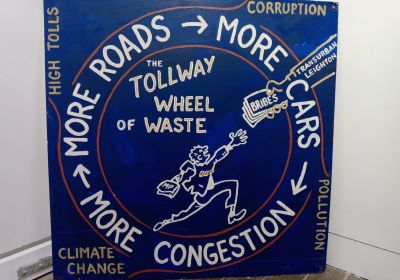
The NSW Premier made an election promise not to privatise any more state infrastructure. Peter Boyle reports on the government's sale of the last segment of the controversial and expensive tollway.

The NSW Premier made an election promise not to privatise any more state infrastructure. Peter Boyle reports on the government's sale of the last segment of the controversial and expensive tollway.
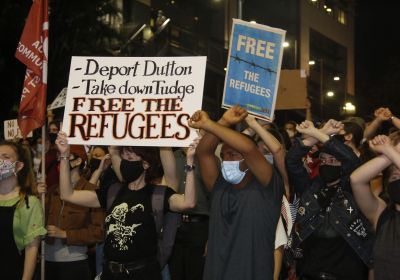
Regular actions are being organised to demand the federal government frees almost 120 refugees detained at Kangaroo Point, reports Alex Bainbridge.
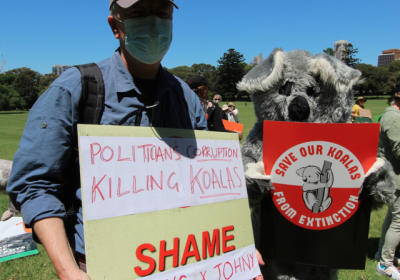
The NSW Liberal government is feeling the political heat after thousands of protest emails protesting a bill that could make koalas extinct in the state crashed the parliamentary server, reports Jim McIlroy.
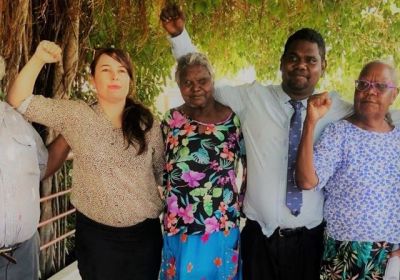
A Darwin court has thrown out criminal charges against anti-fracking activists, reports Kerry Smith.
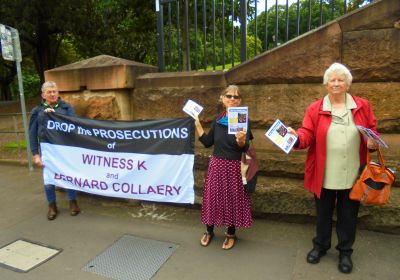
Actions were held around Australia to demand the immediate dropping of the prosecutions of East Timor oil espionage whistleblower Witness K and his lawyer, Bernard Collaery. Jim McIlroy and Alex Salmon report.
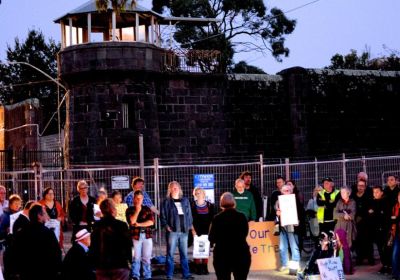
There has been a surge of support for socialist candidates in the Victorian local council elections, with four socialists elected to three councils, reports Jacob Andrewartha.
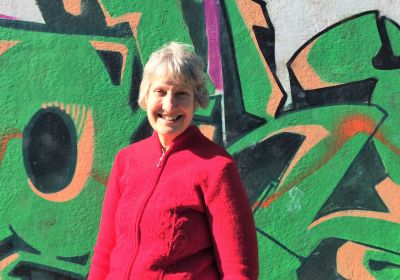
Socialist Alliance councillor Sue Bolton will be able to continue working on unfinished community projects, after being reelected for a third term on Moreland City Council, reports Chloe DS.
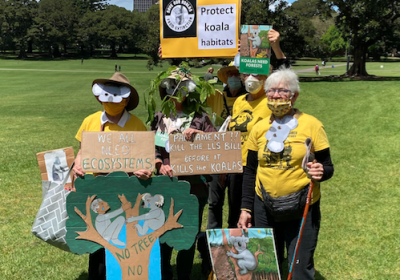
About 100 people rallied at Djarrbarrgalli (Domain) on November 6 as part of a week of action for koalas across New South Wales, reports Isaac Nellist.
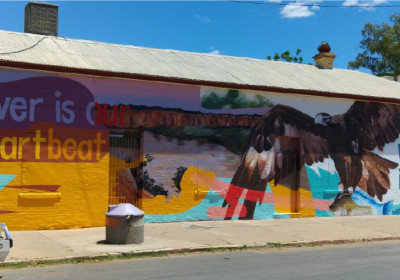
Barkindji woman Leah Ebsworth has been charged with not moving off a bridge when ordered and assaulting a public officer with water, reports Paul Oboohov.
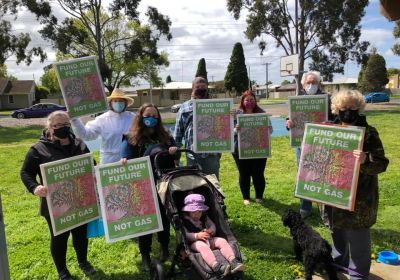
Provisional results declared in the Greater Geelong City Council election place Socialist Alliance member Sarah Hathway at 15.81% of first preference votes, writes Sue Bull.
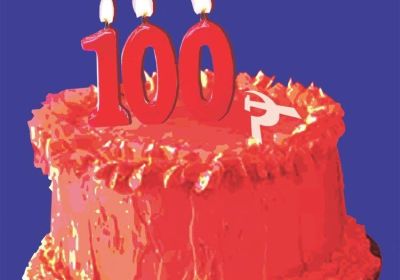
Jim McIlroy reports that about 200 people joined the online launch of SEARCH Foundation’s new book Comrades! Lives of Australian Communists.
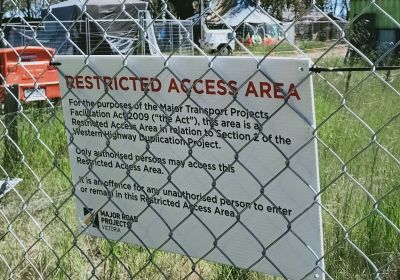
Victoria Police removed the last few protesters on October 30 from the site of a hotly-contested new highway extension between Ararat and Buangor, reports Alex Milne.

Donald Trump's defeat does not mean that Trumpism is dead. The struggles are going to have to continue, argues Alex Bainbridge.
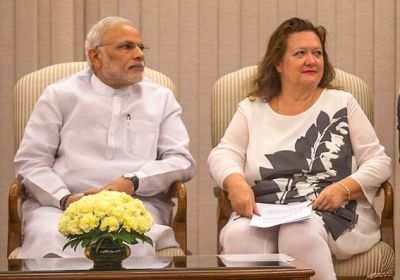
The Australian Financial Review Rich List 2020 reveals that the pandemic and associated economic crisis hasn’t impacted the 1%. Jim McIlroy reports.
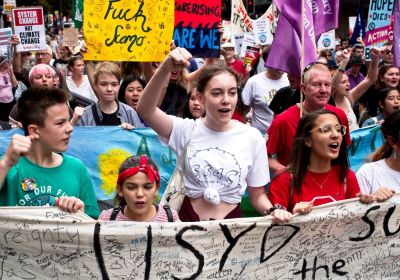
It is with respect to means, or transition strategy, that ecosocialism and ecoanarchism differ most, writes Ted Trainer.
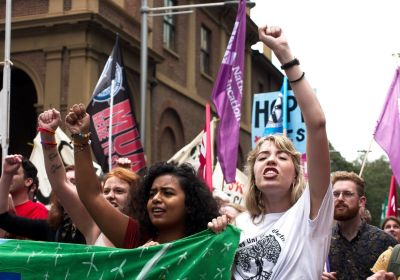
Despite the failure of previous efforts to create socialist systems, ecosocialism remains a visionary alternative, writes Hans Baer.
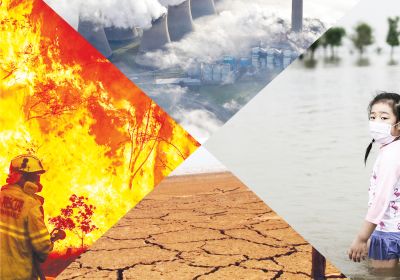
Climate scientists say their predictions about global temperature rises have been too conservative. That's why stronger and more decisive action is needed, argues Pip Hinman.
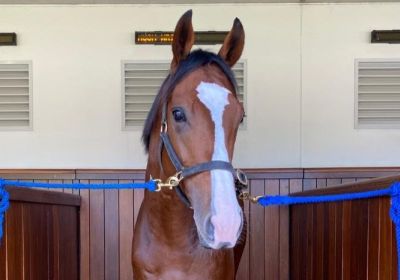
Cock fighting and dog fighting were regarded as legitimate sports, but are now rightly seen as cruel and barbaric. Horse racing should also be banned, argues Mary Merkenich.

The bushfire royal commission has acknowledged what activists and scientists have been saying for decades: climate change is causing catastrophic weather events. Suzanne James argues we have to keep up the fight.
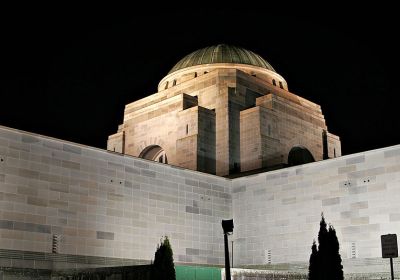
The big brand theme park that is the Australian War Memorial — bankrolled by international arms manufacturers — is an object lesson in dishonesty, writes William De Maria.
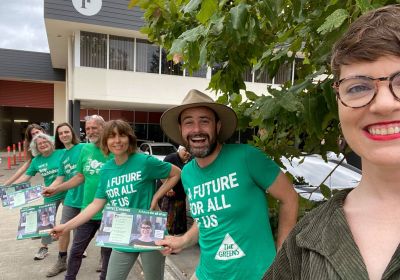
The most important result of the Queensland election is the advance of the Greens, which have increased the party's representation from one to at least two members of parliament, writes Alex Bainbridge.
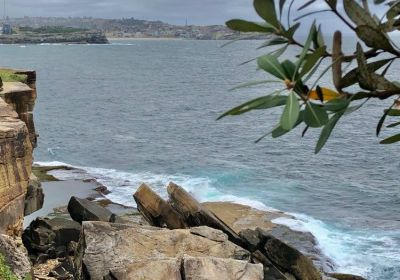
The pain that comes from not being able to see a relative in their last weeks or days is hard to describe and border closures based on politics makes it harder, writes Pip Hinman.
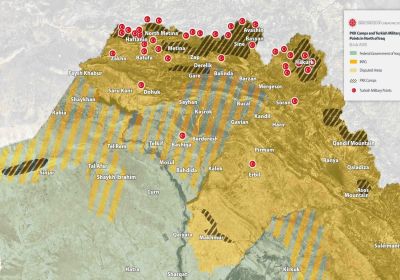
Peter Boyle reports that the Turkish military is stepping up its attack on Kurdistan Workers Party guerilla bases and self-governing Yazidi communities in Shengal.

At the end of October, Jeremy Corbyn was suspended from the British Labour Party, writes Jonathan Strauss. What Corbyn does next is a topic of discussion in and outside the party.

The Spanish Socialist Workers' Party/Unidas Podemos coalition government has launched its 2021 draft budget to great fanfare, writes Dick Nichols.

British refugee advocates are concerned about proposals to build offshore processing centres, drawing on Australia's cruel and inhuman deterrance policy, writes Reanna Smith.

The jury is still out on how the #EndSARS rebellion will pan out, writes Baba Aye. But whichever way it goes, Nigeria will not be the same again.

Islamophobia in France has been growing in strength for many years, but has dangerously accelerated in recent weeks, writes John Mullen.

The #EndSARS protests in Nigeria have opened up new possibilities for resistance by the Nigerian working class and peasantry against neoliberalism and brutal state violence, writes Shawn Hattingh.
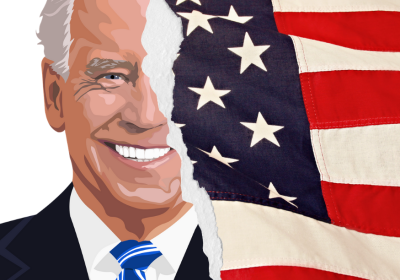
Malik Miah and Barry Sheppard unpack the US election result and what we can expect from a Biden presidency.

Yanis Iqbal writes that the debate over Venezuela's anti blockade law reveals the contradictions thrown up by efforts to implement a new economic model within a pre-existing bourgeois state.
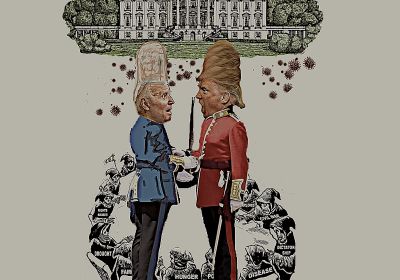
Richard D Wolff argues that regardless of the United States election outcome, the challenge remains to coalesce a broad, new socialist party that can overcome the disorganisation of the left and become a voice for economic democracy.

Brazilian ecosocialist Sabrina Fernandes spoke at Green Left's recent Ecosocialism Conference.
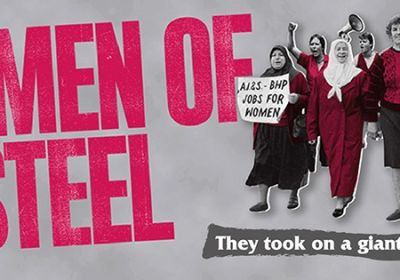
Denied jobs at Wollongong’s steelworks, working-class migrant women refused to accept discrimination. They began a campaign for the right to work that lasted for 14 years. Women of Steel tells their story, writes Kerry Smith.

Reading Joe Sacco is to walk, albeit briefly, in the shoes of those who suffer most from the unjust global balance of power, writes Andrew Chuter.

Mindful of what Deaths of Despair explains, writes Barry Healy, when US President Donald Trump said his healthcare plan was “cheaper drugs”, it was clear he was promising his base cheaper opioid addiction.
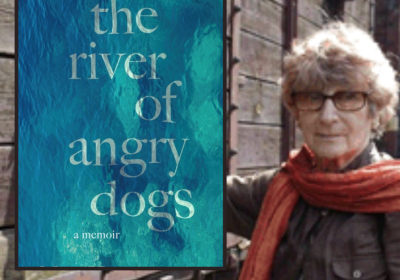
Mira Hamermesh was only 15 when she defied her Jewish parents in Nazi-Occupied Poland and fled for her life. That she survived is a wonder, and her dramatic account is engrossing and terrifying, writes Barry Healy.
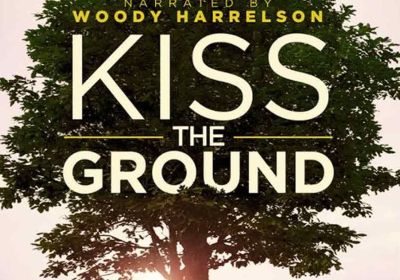
Kiss the Ground is well worth viewing for those who want a better understanding of what regenerative agriculture looks like, but not of how to achieve it, writes Alan Broughton.